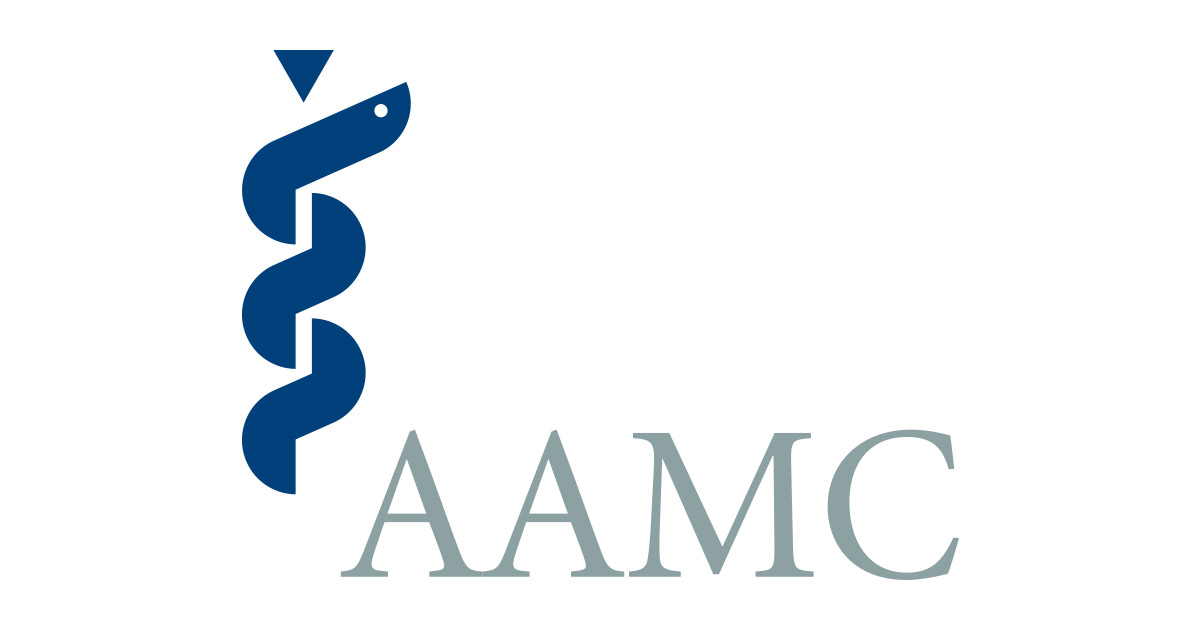“Making the MCAT optional for the 2021 cycle, as some have argued, may be a workable option for some medical schools, but it would not result in a fair or equitable process across-the-board at this point. Of the 50,000 expected applicants to medical school this year, MCAT scores for 37,000 have already been transmitted to medical schools. Encouraging schools to waive the MCAT exam will introduce inequity into the review processes that are already underway at many medical schools and could ultimately disadvantage students from underrepresented and lower socioeconomic backgrounds by taking away their opportunity to take the exam and meaningfully compete with other applicants. AAMC data show that at least 3,600 examinees from these backgrounds who have already submitted their medical school applications are scheduled to take the exam on the remaining dates in August and September. The AAMC cannot in good conscience disadvantage these applicants based on little to no evidence of actual safety risk to examinees.
Switching to remote, online testing may be an option for the future, but right now, current technology cannot guarantee the legitimacy of the results, and there are significant access issues, such as poor broadband access in certain areas and slow computers.”

 students-residents.aamc.org
students-residents.aamc.org
Switching to remote, online testing may be an option for the future, but right now, current technology cannot guarantee the legitimacy of the results, and there are significant access issues, such as poor broadband access in certain areas and slow computers.”

An Open Letter to MCAT® Examinees and Our Community
Please read an important letter from AAMC's CEO about the continuation of the MCAT exam during the ongoing pandemic.

